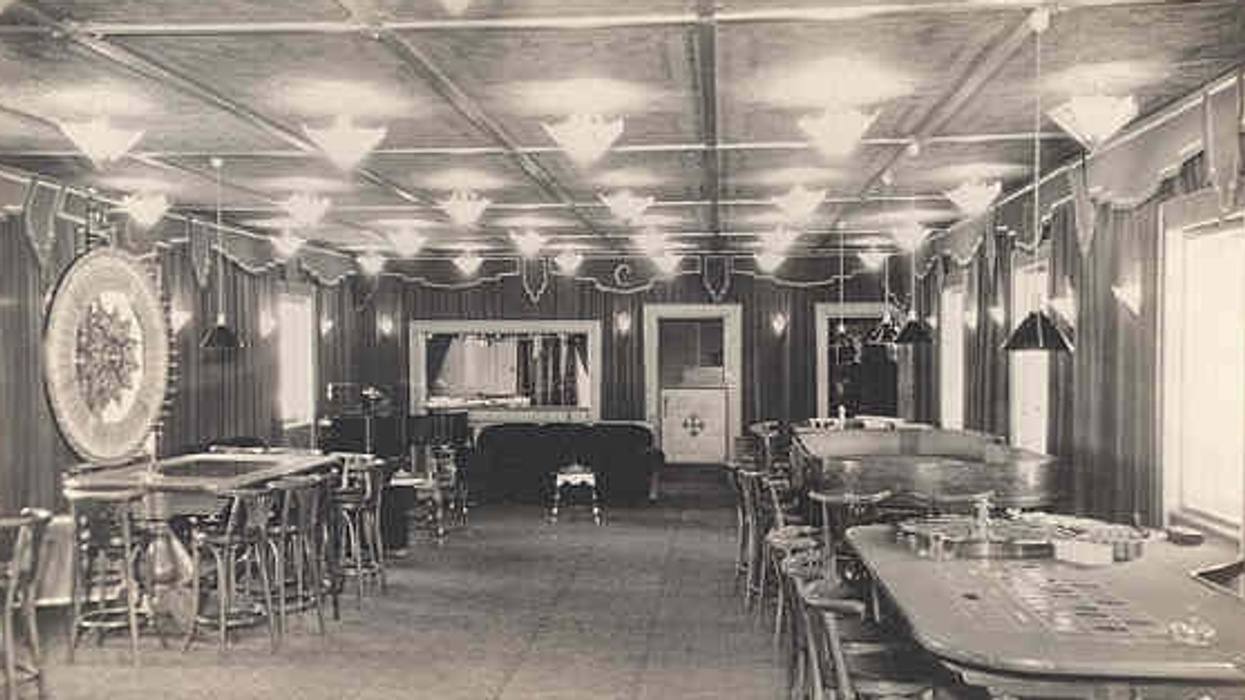Casinos have been a part of modern society for a long time. They represent both a unique thrill and a type of vacation. That’s especially true in today’s era where casinos are often attached to a resort and many are located in popular tourist destinations. It wasn’t always that way, however. What we now call casinos started as a controversial idea, one that wasn’t so inviting to the whole family. They were legal for a long time, though, or at least not explicitly frowned upon. Here in 2021, we might be going back to that age with the emergence of online casinos.
It’s hard to cite the exact beginning of casinos as gambling in some form has existed in pretty much every major civilization throughout recorded history. As soon as people were making cities and earning wages, it seems like they found entertainment in risking those wages on games of chance. Dice were a favorite of ancient cultures, and cards were a big thing from the 1800s on. Machines popularized slots while sports betting has existed from the time of underground boxing arenas to the modern tradition of major league seasons.
Games of chance were known to happen in ancient Greece and Rome. In Europe, betting was known to happen during England’s heyday of monarchy and in France under Napoleon. In the time before the American colonies were established, Europe had what it called gambling houses. These were very much like what we call casinos in the present, being a building full of tables where the main entertainment was gambling. The first gambling house that we know of was erected in Venice, Italy in the 1600s.
An interesting fact about the first gambling house was that it was created to regulate gaming during carnival season. This points to the idea that gambling was especially popular during periods of celebration. It makes sense as festivals tended to be times when people had time off and extra income to spend. This could also be the precursor to carnival games, a form of games of chance that are enjoyed by children and adults in the modern era.
America’s path to casinos started with saloons, our early form of gambling houses. Saloons had an important distinction, however, in that they also served as a bar and rest stop of sorts. Travelers would frequent saloons as they made their way throughout the country. We see a version of this in many western movies where the saloon is a place for the traveling hero to stop in and gather information from the locals over a glass of whiskey. This marked an evolution in casinos from being a simple gambling joint to a social center and tourist destination.
Fast forward to 20th century America, where gambling was outlawed except in Nevada. The act solidified Las Vegas’ transformation into what it is today. As it became iconic for its casinos, Vegas transformed them into the combined resort/gambling hall/novelty attraction they are known as today. Atlantic City followed suit in the ‘70s by establishing its casino scene as a getaway with gambling.
We’re in the latest evolution of casinos now: online gambling. More US states are starting to legalize gambling and other parts of the world are following suit. Of particular interest is online gambling. More people than ever can gamble from their phones by using online casinos apps and the best online sportsbooks in the market. This type of gambling is accessible anywhere, taking the casino experience away from the resorts and tourist destinations.
It’s not certain what this new dynamic means for casinos. Online casinos are bringing in a lot of money for sure, ensuring that more resources will be put into them. And with business booming over the metaverse, it might not be long before we see casinos with full online architecture. You might soon be able to get the Vegas experience without leaving your couch.
Casinos started as a way for people to get quick entertainment by risking a bit of their hard-earned wages. They have since evolved into a social hub and tourist attraction, but the basic thrill is still there. In fact, the online version might be bringing casinos back to their roots as a simple pastime for the working class. History does go in circles in that way.






